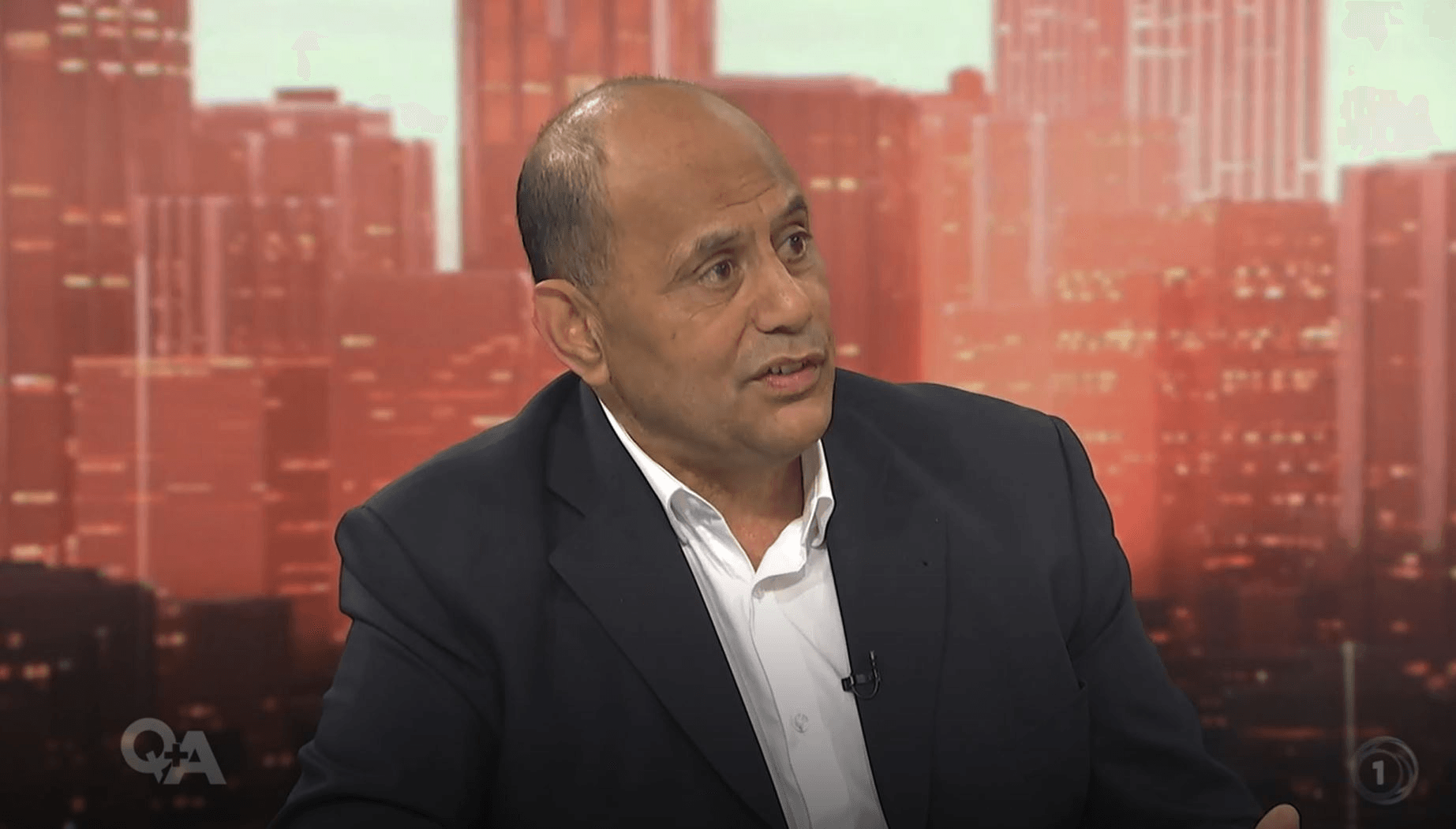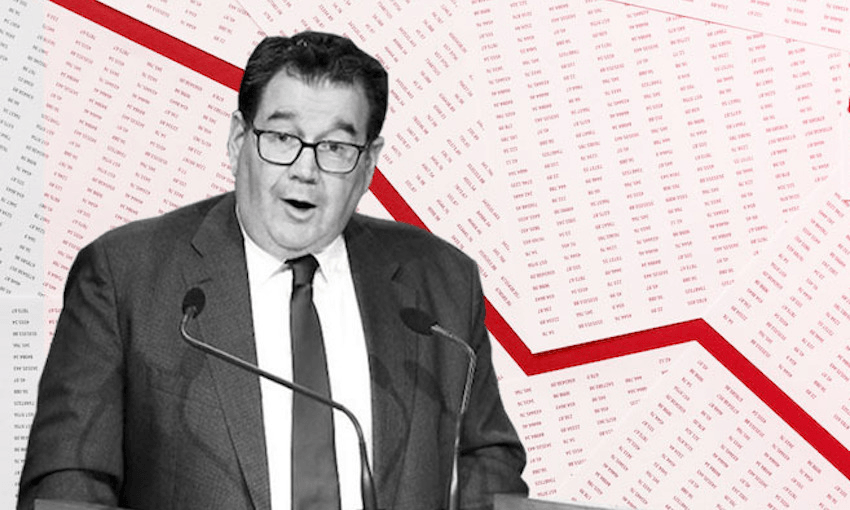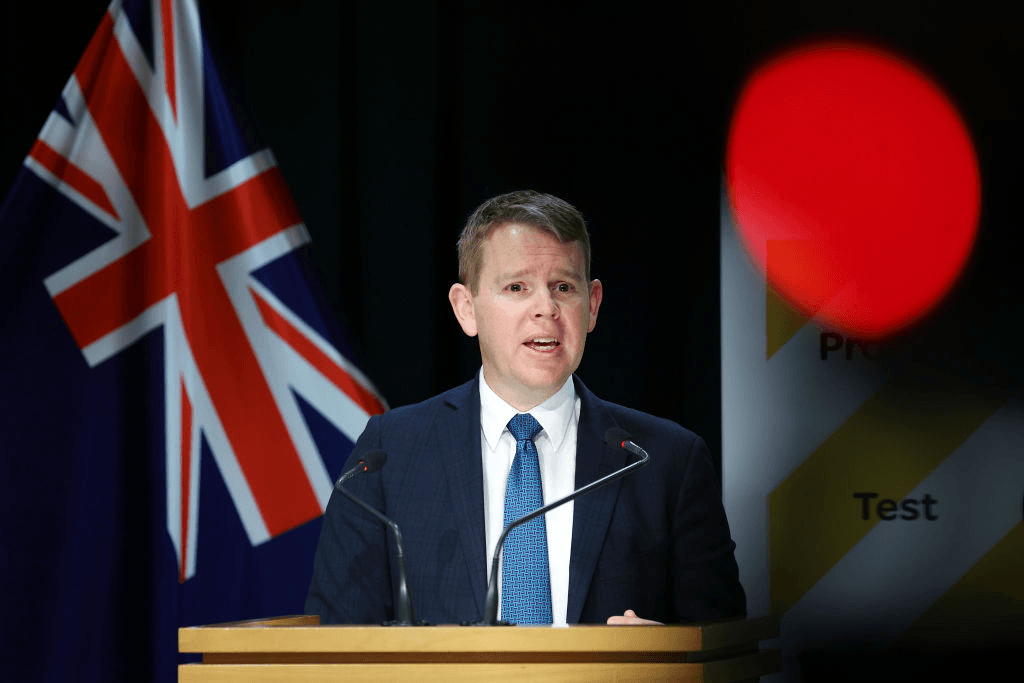The government will introduce legislation that triggers an arbitration process if large digital players such as Google and Meta, which owns Facebook and Instagram, fail to strike deals with New Zealand publishers, broadcasting minister Willie Jackson has announced. Speaking on Q&A, he said he expected between $30m and $50m to come into the New Zealand market in recognition of the online giants’ use of material produced by local outlets.
Jackson said the legislation, as witnessed in similar approaches in Australia and Canada, was designed as a “backstop”, in the hope that digital players would strike deals to avoid the legislative solution. He said he anticipated companies would be given about three to six months to reach an accord and “if there’s not an agreement then a mandatory mediation and arbitration process will be put in place, to make sure a fair deal is rolled out”.
He said the BSA would be tasked with regulating the new mechanism, with a view to ensuring funds went to journalism rather than shareholders. The Commerce Commission has authorised local media, including The Spinoff, led by the News Publishers’ Association to engage in collective bargaining with Meta and Google.
In a statement issued after his interview aired this morning, Jackson said: “It’s not fair that the big digital platforms like Google and Meta get to host and share local news for free. It costs to produce the news and it’s only fair they pay. New Zealand news media, particularly small regional and community newspapers, are struggling to remain financially viable as more advertising moves online. So it is critical that those benefiting from their news content actually pay for it.”
He continued: “We don’t want a system where only the big players can get a deal. The Australian competition regulator found the big online players have substantial bargaining power, so we need legislation to sit behind any voluntary negotiations that helps to level the playing field. While some deals have been reached voluntarily, small regional, rural, Maori and Pacific and ethnic media outlets are likely to miss out, so this is about ensuring everyone gets a fair go.”
He said: “This is a pragmatic approach, consistent with how other countries are working to ensure local media get a fair price for the news they create. We hope the online platforms engage positively with it and reach high quality voluntary agreements that support local content generation, without the legislation needing to be used.”


